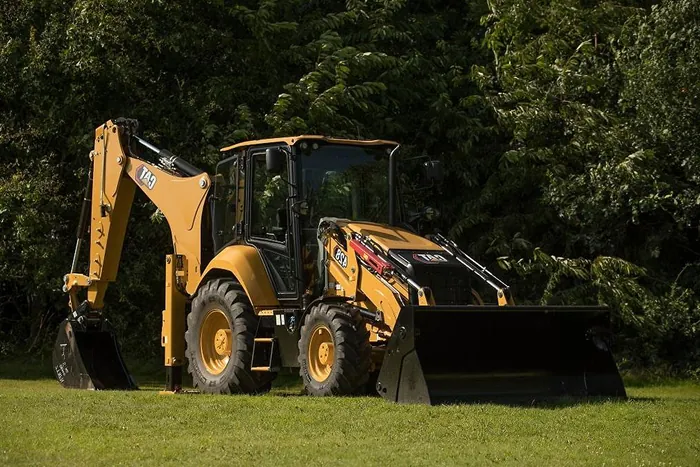Understanding Excavators and Backhoes: Choosing the Right Machinery for Your Project

excavators and backhoes are indispensable machines in various industries, offering distinct capabilities suited to different tasks and project requirements.
Understanding the differences between these two types of equipment is crucial for selecting the most appropriate machinery for any given project.
Here, we delve deeper into the features, functionalities, and considerations for choosing between Excavators and backhoes.
Excavators, often referred to as diggers or mechanical shovels, are robust industrial machines designed for heavy-duty digging,
demolition, and construction tasks.
They are characterized by their rotating cabs mounted on tracks or wheels, allowing for 360-degree movement and precise operation.
Equipped with attachments such as digging buckets, booms, and chassis, excavators excel in large-scale projects like mining,
drilling, and major construction undertakings.
On the other hand, backhoes are versatile excavation machines typically built on a tractor base with a jointed arm supporting a digging bucket.
Despite the name, backhoes pull themselves towards the earth, making them highly efficient for excavation tasks.
Additionally, they often feature front loader attachments, further enhancing their functionality for tasks like loading, grading, and material handling.
The key differences between excavators and backhoes lie in their size, versatility, and rotation capabilities:
Size: Excavators are generally larger and heavier compared to backhoes, making them ideal for heavy-duty applications such as demolition and mining.
Backhoes, while smaller in size, are better suited for tasks like farming, loading, and snow removal.
Versatility: Backhoes offer a broader range of attachment options, allowing for diverse applications such as digging, lifting, and material handling.
Excavators, although limited in attachment options, excel in specialized tasks requiring precision and power.
Rotation: Excavators boast a full 360-degree rotation capability, enabling operators to maneuver with flexibility and efficiency.
In contrast, backhoes have a limited range of rotation, primarily pivoting around the operator's seat.
When deciding between an excavator and a backhoe for a particular project, several factors should be considered:
Project Size: Match the scale of the project to the size and capabilities of the machinery.
Excavators are suitable for large-scale projects, while backhoes are more appropriate for smaller-scale endeavors.
Mobility: Evaluate the mobility requirements of the project site. Backhoes offer greater mobility and can easily traverse different terrains,
whereas excavators may require transportation and setup time.
Task Specificity: Determine the specific tasks involved in the project and select the machinery that best aligns with those requirements.
Consider the range of attachments available for each machine and their suitability for the intended tasks.
Work Site Conditions: Assess the terrain, environmental conditions, and noise regulations of the work site to ensure compatibility with the chosen machinery.
Excavators may excel in soft terrains and confined spaces, while backhoes are more adept at handling rugged landscapes.
Travel Distance: Consider the distance that the machinery needs to travel between job sites.
Backhoes are more suitable for tasks spread across multiple locations, whereas excavators may require transportation logistics.
Storage and Transportation: Factor in the storage and transportation requirements for the machinery during the project duration.
Excavators may necessitate dedicated storage space and transportation arrangements, whereas backhoes are relatively easier to transport and store.
In conclusion, the choice between an excavator and a backhoe depends on a careful assessment of project requirements,
including size, mobility, task specificity, and work site conditions. By understanding the distinctive features and functionalities of each type of machinery,
project managers and contractors can make informed decisions to optimize efficiency and productivity in their operations.
Why Choose SAIVS™ as Your Supplier?
Committed to innovation and customer needs, SAIVS specializes in high-quality machinery components for diverse industries like construction, mining, and agriculture. They offer a wide range of parts, including undercarriage components for popular brands, ensuring optimal performance and durability. values customer satisfaction, providing competitive prices, fast shipping, and exceptional service to keep your operations running smoothly.